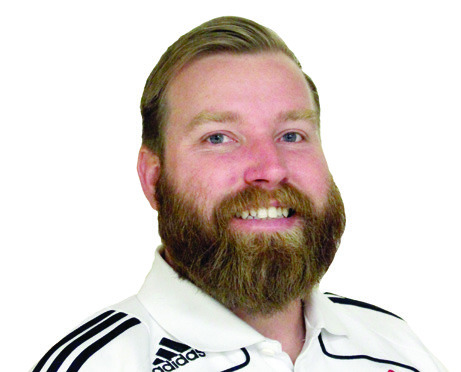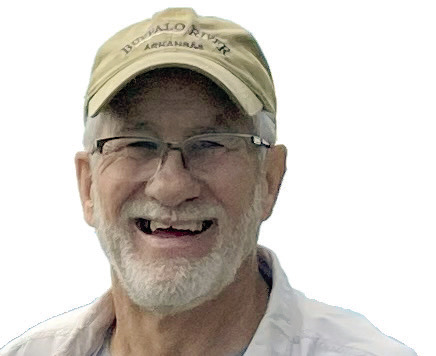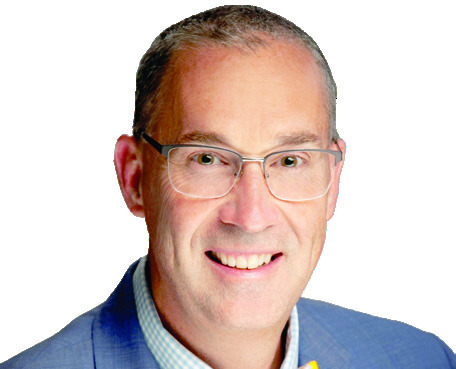As my children are moving from elementary school into middle and high school, I’m learning so many new things, like that “gucci’” is a good thing and has nothing to do with the clothing brand, deodorant is a hot commodity, and I can manipulate them into just about any chore by threatening to take away their cell phones.
However, one thing I wasn’t prepared for was the need to defend my children’s rights against school mandatory random student drug screening.

Currently, many of our local schools, including Cassville middle and high schools, have policies to randomly drug screen students who are involved in extracurricular activities. In addition, this year they have extended the policy at Cassville to also include any child who parks on school grounds.
If a parent does not sign a release giving permission to drug screen “at any time” the student is not allowed to participate in extracurricular activities such as sports, band, speech and debate, and cannot park at the school. If a child fails the drug screen, they are removed from extracurriculars and are no longer allowed to park on school grounds.
At first glance, one might think, “Well, this is a good thing. We need to keep our kids off drugs,” which I agree is incredibly important. However, our current policy has many flaws that I have shared with our superintendent, as well as the Cassville School Board, without changes in policy.
First, does random drug screening decrease adolescent drug use? There have been multiple studies, including those by the National Center for Education Evaluation that show random student drug screening does not decrease student drug use nor does it decrease student’s intention to try drugs in the future. It doesn’t work.
Multiple medical organizations publicly oppose drug screening students due to potential harms including the American Academy of Pediatrics (the largest medical organization for child healthcare), American Academy of Adolescent Psychology, as well as the National Education Association. Missouri State High School Activities Association (MSHSAA) does not recommend for or against drug screening.
So why are these huge medical organizations and this small-town doctor so worked up about drug screening kids? If you don’t do anything wrong, you have nothing to worry about, right?
Wrong. Rapid drug screens are frequently inaccurate, require a student to report all medications they are taking (a potential HIPAA violation), and are an unwarranted invasion of privacy. Random student drug testing is both invasive and counter-productive.
Involvement in extracurricular activities has been shown to be one of the best ways to keep kids engaged and out of trouble; taking them away makes our kids more likely to do drugs.
Per the ACLU, it is also unconstitutional because it violates the students’ rights to be free from unreasonable search and seizure as outlined by the 4th Amendment. Supreme Court Rulings have supported the school’s right to randomly drug screen students, however, only if the results do not affect their grades.
Currently, Cassville schools have multiple classes where after school participation is required (such as band, speech and debate, flags). In some of those classes up to 50 percent of the grade is determined by out-of-school participation.
Now, for a solution. What will keep our kids away from drugs?
Per the National Institute of Drug Abuse, the answer is to get kids involved. Students actively participating in extracurricular activities are less likely to do drugs. Random drug screens may deter other students from joining school activities, therefore giving more free time to turn to drugs and alcohol.
In addition, education is key. The DARE program was formed in the 1980s, however studies have shown no decrease in student drug use with the DARE program. This is thought to be related to scare tactics and dated information that is being utilized with DARE.
However, there are some incredible educational programs that are accurate and do not depend on scare tactics to influence our kids. They focus on honesty and not minimizing or exaggerating drug risks, as well as interaction with our students in a compassionate manner. And, they are available for free.
If our local schools are serious about keeping our students from abusing drugs, then they should listen to the experts – to the National Education Association, the American Academy of Pediatrics, and the American Academy of Child & Adolescent Psychiatry – who are all opposed to random student drug screening and state one of the best ways to keep kids off drugs is to get them involved in school and extra-curricular activities.
Instead of putting up barriers like drug testing, our schools need to engage students in meaningful activities. Extracurricular activities prevent teens from trying drugs in the first place.
In conclusion, drug screening students has not been shown to decrease student drug use and has been proven to do harm. I am proposing the practice of random student drug screening stop immediately at Cassville school district (and hopefully all our local schools) and instead we utilize that funding to improve student education beyond fifth-grade DARE.
Dr. Lisa Roark is the owner of Roark Family Health and Medical Spa. She may be reached at 417-847-1111.
“Per the National Institute of Drug
Abuse, the answer is to get kids involved.
Students actively participating in extracurricular activities are less likely to do drugs. Random drug screens may deter other students from joining school activities, therefore giving more free time to turn to drugs and alcohol..”




